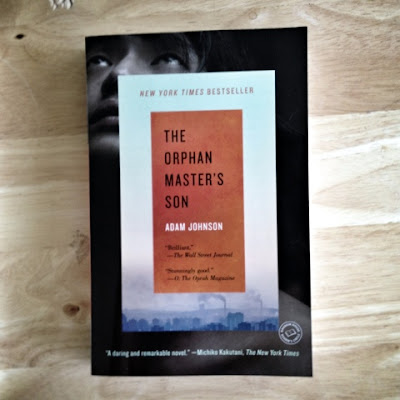Eleven years ago, I awoke on a morning much like this one. A cloudless, crisp morning that promised a mild, perfect afternoon. I dressed quickly, perpetually later for work than I preferred, ran out the door onto Bank Street and quickly crossed Hudson Avenue, laser-focused on getting to the subway on 7th Avenue. I did not glance to my right, was not stopped in my tracks by the sight of a smoking tower. So far, it seemed a morning like any other.
I ran down the platform stairs, just missing both an express and a local train. The platform was nearly empty but quickly started to fill. No trains; strange for rush hour, but not incredibly unusual. More people crowded the platform. The passing time quickly slid into something's not right territory, but only in a some idiot must have pulled the emergency cord kind of way. 10 minutes later, a train slowly chugged into the station. Because I was already late, I sardined myself into the packed car with the rest of them, as what must have been the last uptown train slowly, painfully trekked to 116th Street.
As I bought my morning coffee in the student building, the cashier said with equal parts worry and excitement, "Did you hear? There's a fire at the World Trade Center!" I immediately thought it must be something along the scope of the bombing in 1993, and tried to call the boyfriend at the time to either pass along the news or see if he knew anything more. Of course, I couldn't get through. By then the phones were completely jammed, but it was Sprint, and it was 2001, so although I was becoming mildly alarmed, I still had no suspicion of the magnitude of what had happened.
I crossed the quad and headed toward the office, making it all the way to my cube without talking to anyone. My phone was actually ringing - it was my ex. He worked in a building off Hudson Avenue. "I just watched two planes fly into the World Trade Center," he said, panicked and terrified.
"What?" I said, not full comprehending, still booting the computer. "Wait, WHAT? What are you talking about?"
"Two planes. Flew into the towers. They're burning. At first I thought it was a horrific accident, but then another plane hit the other tower... There's no way this was an accident." He was just standing in his office, watching from the window less than a mile away, not sure what to do.
I'd pulled up the paltry, confused news by then. "Holy..." Reading, absorbing the shock. "Um, how close are you? I think you should get the hell out of there. Call me when you're safe." I don't actually know what I said. I hope I said something similar. The rest of the morning was a blur. I crowded with others into the Dean's office to watch the coverage. The towers collapsed. I emailed my family to let them know I was fine, since by then it was impossible to get through on the phones. We all wandered around in an adrenaline-fueled daze, more horrified than terrified. There wasn't much to say. You either knew people likely to be in the towers or you didn't. We located our close friends and family. We tried to find out if everyone was okay.
The boyfriend had been evacuated from his office's skyscraper location. He emailed from a nearby coworker's apartment. Being an idiot, he planned to try to get as close as he could to watch the chaos. Many of us stayed at the office until mid-afternoon, not knowing what else to do. By then, I decided to make my way somehow back to the west village (where the boyfriend's apartment was), and ended up walking most of the 5-6 miles. I managed to catch a bus at 80th street, but by 42nd, the streets were completely closed to all vehicles.
Walking through the completely deserted streets between mammoth buildings was probably the most surreal experience I've had to date. It was still a lovely, sunny 74, the juxtaposition with the day's events only adding to the rabbit-hole nature of the experience. I passed a girl who managed to get through to someone on her phone. "Like, I don't know, do you think he likes me? Everyone was, you know, like, so totally drunk last night. I'm still totally hungover. But he was super flirty. I remember that. Do you think I should, like, call him? I mean, I don't know... so where are we going tonight?" I began to think I somehow got transported into a David Lynch film.
I eventually made it back to the apartment, and a couple hours later, so did the boyfriend. He couldn't get anywhere near the actual scene. "Shocking," I said. He was more excited than anything (a big giant red flag, in retrospect). We wandered around the village that evening, and, even in the west village, the racist blame was already bubbling up.
The city seemed irreversibly altered after that, especially in the months immediately following. You could walk down 42nd Street in a straight line. Men in camo with machine guns patrolled Penn Station. "Missing" posters were pasted all over the city. Everyone was a little on edge, walking around with varying levels of paranoia seething just below their skin. Levels of paranoia that still seem to dictate attitudes and policy decisions across the country.
Eleven years later, 1000 miles away, the events of that day are still impossible to forget. Thousands of innocent people, going about their daily activities, lost their lives, senselessly, while the world watched in shock. Eleven years later, I have no new insight to offer, no grand observations or proclamations. Only a wish: to see this country, this world, united one day by compassion and generosity instead of by fear and suspicion.











